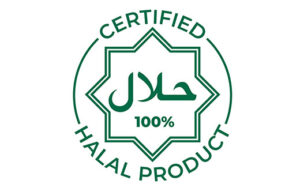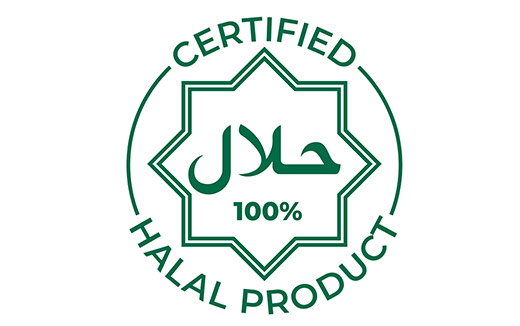 The significance of Halal certification in manufacturing processes cannot be overstated, particularly in industries like supplements where consumer trust and adherence to religious dietary requirements play pivotal roles. Halal certification ensures that products comply with Islamic dietary laws, encompassing not only the ingredients used but also the manufacturing processes involved. For supplement manufacturers, obtaining Halal certification is not just a matter of compliance but also a strategic imperative that underscores commitment to quality, inclusivity, and consumer confidence.
The significance of Halal certification in manufacturing processes cannot be overstated, particularly in industries like supplements where consumer trust and adherence to religious dietary requirements play pivotal roles. Halal certification ensures that products comply with Islamic dietary laws, encompassing not only the ingredients used but also the manufacturing processes involved. For supplement manufacturers, obtaining Halal certification is not just a matter of compliance but also a strategic imperative that underscores commitment to quality, inclusivity, and consumer confidence.
Catering to Diverse Consumer Needs:
The global Muslim population comprises a significant demographic segment with distinct dietary preferences and religious observances. For Muslims, consuming products that adhere to Halal standards is not merely a matter of preference but a religious obligation. By providing Halal certified manufacturing processes, supplement manufacturers can effectively tap into this vast consumer base and cater to their specific needs and preferences. This inclusivity fosters trust and loyalty among Muslim consumers, thereby expanding market reach and enhancing brand reputation.
Meeting Regulatory Requirements:
In regions with significant Muslim populations or stringent regulatory frameworks governing Halal products, Halal certification is often a prerequisite for market entry. Supplement manufacturers seeking to expand into these markets must comply with Halal standards to gain regulatory approval and ensure legal compliance. Failure to obtain Halal certification may result in restricted market access, regulatory fines, or reputational damage. Therefore, Halal certified manufacturing processes not only facilitate market expansion but also mitigate regulatory risks and enhance market competitiveness.
Promoting Ethical and Sustainable Practices:
Halal principles extend beyond dietary requirements to encompass ethical and sustainable practices in all aspects of production. Halal certification encompasses considerations such as fair labor practices, environmental sustainability, and ethical sourcing of ingredients. By aligning with Halal values, supplement manufacturers demonstrate a commitment to ethical and sustainable business practices, resonating with conscientious consumers who prioritize social responsibility and environmental stewardship.
Halal certified manufacturing processes are integral to the supplement industry, serving as a cornerstone of trust, quality, and inclusivity. By obtaining Halal certification, supplement manufacturers not only cater to the diverse needs of Muslim consumers but also uphold rigorous standards of transparency, integrity, and quality assurance. Embracing Halal principles not only expands market opportunities but also reinforces ethical, sustainable, and socially responsible business practices, positioning manufacturers for long-term success in an increasingly diverse and competitive marketplace.
Ready to get started on your formulation or custom product? Click the link below to find out what is possible!
Why JW Nutritional for Supplement Manufacturing?
JW Nutritional can manufacture a wide variety of supplements to suit the needs of your customers. With the inclusion of our complete packaging solutions including bottles with lid closures, sachets, stick packs and zip-seal bags, clients can receive a complete product that is ready for order fulfillment. If you are interested in the vitamin manufacturing services we offer, please contact us today!
